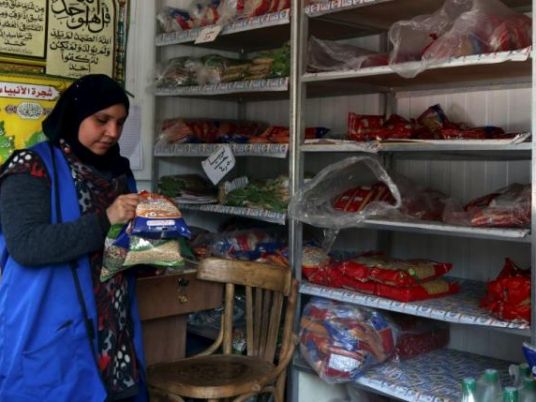
Egypt’s budget deficit fell to less than 10 percent for the first time since 2011, according to Finance Minister Mohamed Maeet.
In a Cabinet meeting headed by Prime Minister Mostafa Madboulyon Wednesday, Maeet reported preliminary estimates for the end of the fiscal year which also referred to the first downward trend in debt rates (proportional to GDP) in years.
The estimates indicate an initial surplus for the first time in 15 years.
Improved economic indicators have increased the flow of both domestic and foreign investment,raised growth rates, and created job opportunities, Maeet said.
The achievement of a number of financial targets during fiscal year 2017/2018 has enhanced the confidence of investors and international institutions in Egypt’s economic reform program.
Meanwhile, Planning Minister Hala al-Saeedannounced an annual growth rate of 5.3 percent – the highest in 10 years – anda quarterly growth rate of 5.4 percent in the last two quarters – the highest in eight years.
Maeet also summarized the general budget for fiscal year 2018/2019, and stated the government’s aims over the next three years. These include the gradual reduction of the debt rate of public institutions by 80 to 85 percent by the end of June 2021, andatwo percent sustainable annual surplus in the GDP until 2020/2021.
On Wednesday, the Cabinet approved a draft resolution to establish a Russian industrial zone in the economic zone of the Suez Canal.The agreement between Russia and Egypt aims to encouragethe manufacturing of competitive, high-technology products.
The International Monetary Fund (IMF) praised Egypt’s economic reforms during its third review of the country’s loan program on Thursday July 12. In a report issued back then, the IMF congratulated Egypt for reducing its overall account deficit to 2.6 percent in the 2018-19 fiscal year.
Despite improvements, the IMF projected that Egypt will still have a US$1 billion shortage in financing its needs for the 2018-19 year. However, it reported that such amount could be covered through either Eurobonds or Egyptian reserves.
Egypt is facing the problem of the surge of the global fuel prices which accordingly increasing its fuel subsidy bill. Fuel subsides alone are expected to account for 2.1 percent of the country’s GPD during the 2018-19 fiscal year, according to the IMF report.
In an attempt to reinvigorate its economy since 2011, Egypt obtained the IMF approval for a $12 billion loan in 2016 in exchange for implementing a rigorous reform program, beginning with floating the pound. Egypt also removed its fuel subsides causing huge price hikes. Additionally, Egypt has just raised cigarette prices by at least 10 percent.
On June 30, Egypt received the IMF approval for its fourth tranche of its $12 billion loan.The approval of this loan brings the total amount of disbursements since the beginning of the program to around $8.02 billion, according to an IMF statement.
The esteemed monetary organization projected economic growth in Egypt to reach 5.2 percent in 2018 and 5.5 percent in 2019, according to its new World Economic Outlook report, released in April.
The Harvard Center for International Development forcasted that Egypt will be the third country that will achieve highest growth rates reaching 6.63 percent by 2026 in North Africa and globally, according to International growth projections report released on May 3.
Edited translation from Al-Masry Al-Youm




